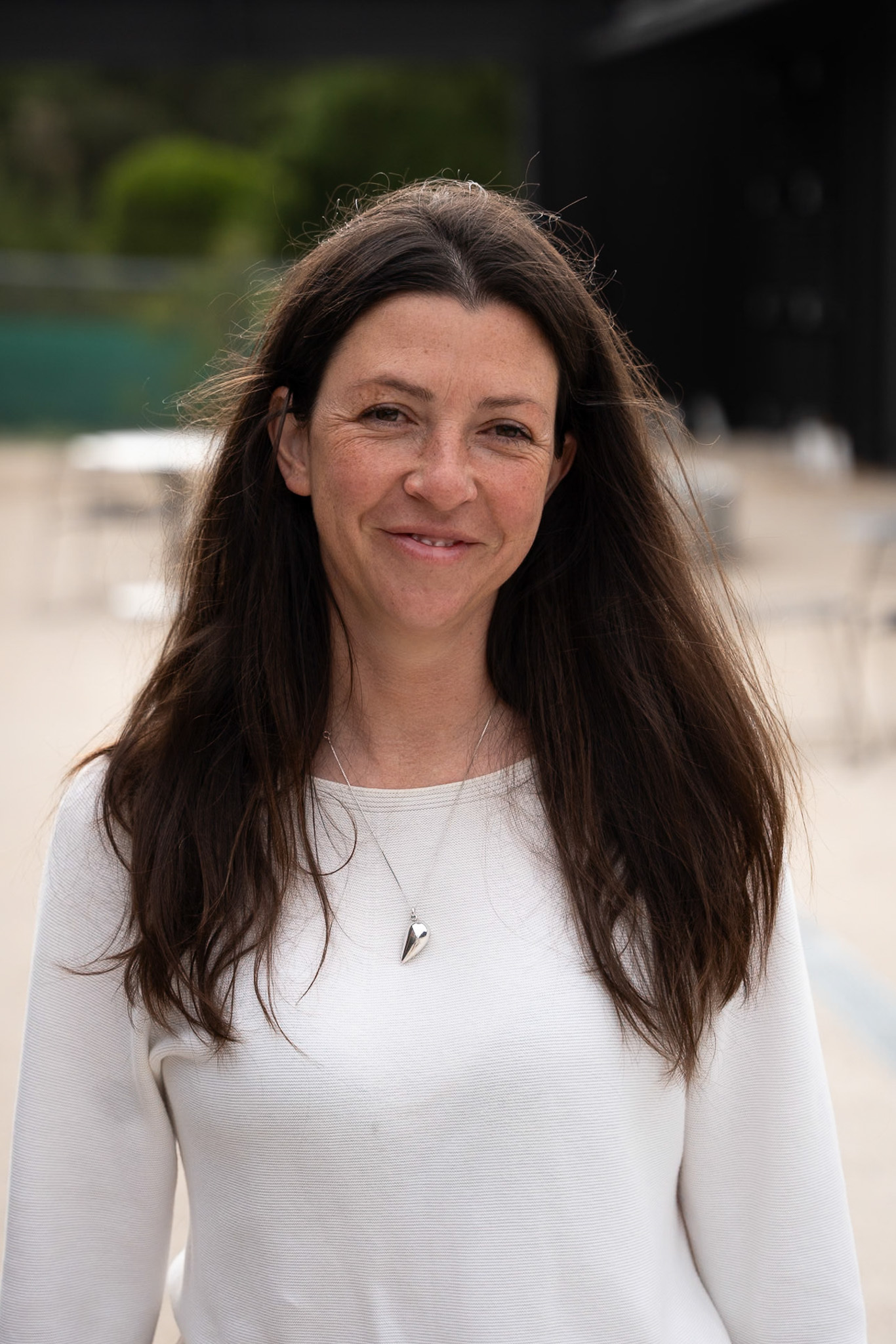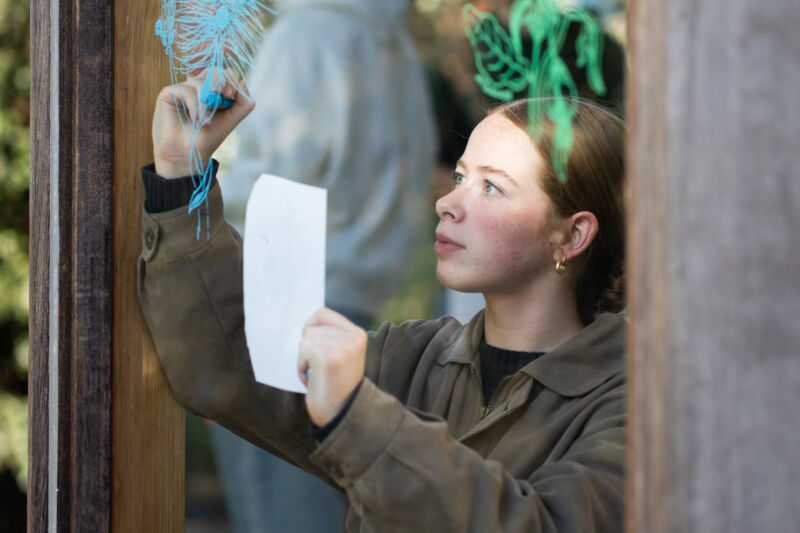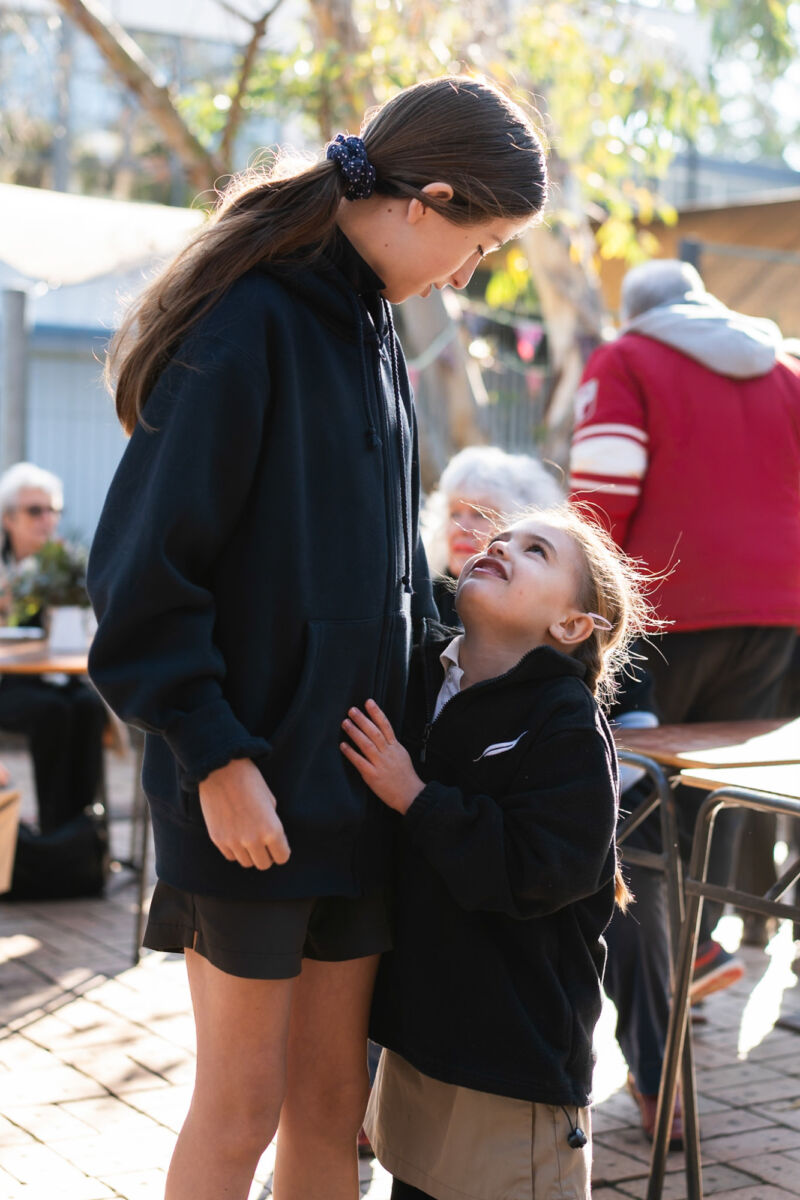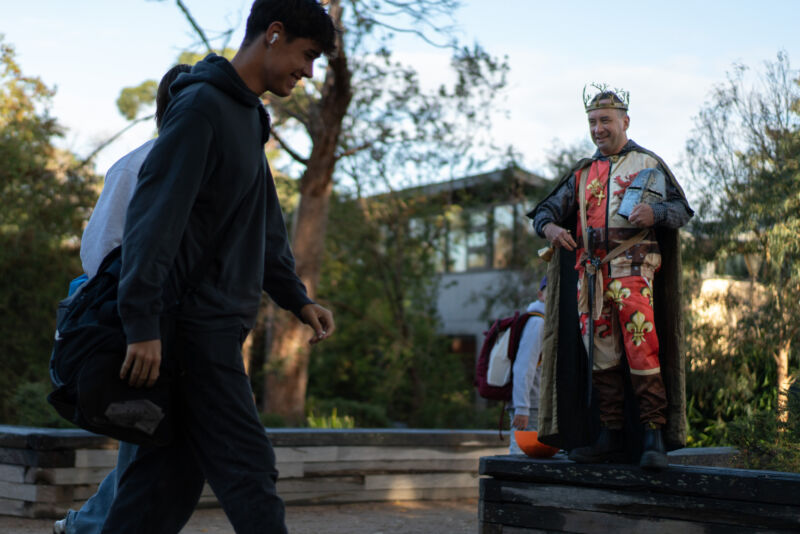
The Paradox of Giftedness.

Gifted children are high achievers, excel at everything, blitz through school and have sky-high IQs, do they not? They are destined for success, right? These are the tropes we’re familiar with, but they give a very one-dimensional view of the real experience. Such cliches can ignore the emotional, social and cognitive challenges that motor along quietly beneath the highlights.
Giftedness is extraordinary, but that does not mean it’s easy. So much more than being “really smart,” it can manifest as a child who can discuss quantum physics but falls apart at bedtimes or a teenager who writes university-level essays but cries in the car on the way home. As parents, teachers and friends, these examples can get our own anxieties simmering because they point to the polarities gifted children live with and everything their minds are trying to hold at once: they are brilliant in some areas and distinctly vulnerable in others.
This paradox is known as asynchronous development and occurs when intellectual capacity outpaces emotional, social or physical development (or other such combinations). It’s like listening to a symphony where the strings are racing ahead, the brass is still tuning up and the percussion hasn’t even arrived. The results might be novel, but they are also overwhelming and require deep understanding from the adults in the room.
“Gifted children are many ages at once.”
When intellectual development exceeds that of other areas, it's easy for teachers, parents and even friends to have imbalanced expectations. Confusion, conflict and self-esteem challenges mean that some gifted children will present as underachievers. Some will experience anxiety, depression or social isolation. Some will disengage from school altogether. And many will excel, but it won't always look like acing every test.
Giftedness is something we support every day at Woodleigh, and Gabby Williams, Learning Enhancement Teacher at Minimbah Campus, is an experienced leader. Whether giftedness is cognitive, creative, social or physical, an added layer of complexity applies to those who are twice exceptional. That is, gifted and living with dyslexia, ADHD, autism or one of many other learning differences. “It's our job to understand the whole child, not just how they learn, but how they feel, how they see the world, and how they see themselves.”
“It's our job to understand the whole child, not just how they learn, but how they feel, how they see the world, and how they see themselves.”
Gabby and the team at Minimbah take a comprehensive, holistic approach. The environment is as important as the skills and talents. Depending on the student in front of them, a team might include classroom teachers, learning specialists and assistants, parents and sometimes psychologists. A foundational building block for Gabby and her team is a child’s self-awareness. Finding their tribe amongst their peers and connecting genuinely with others who understand and accept them is key, and with greater self-awareness, far more effective.
Once a developmentally appropriate level of introspection is achieved, Gabby describes introducing strategies such as curriculum compacting. This is where the content they have already mastered is streamlined. Higher-order thinking tasks are another way in, and they include analysis, evaluation and creative problem-solving. They align seamlessly with IB philosophies, emphasising inquiry and real-world learning. Perfectionism is common in gifted children, and when harnessed positively, can drive motivation and high achievement; however, “When it becomes maladaptive, that's when it can lead to fear and anxiety,” says Gabby.
Perfectionism is one of the most common, but invisible, challenges gifted students face. Boredom and a lack of challenge, too, but Perfectionism and pressure to be the best can be especially paralysing. It can lead to a fear of failure, avoidance of risk, a reluctance to try new things and a trajectory of underperformance. “Gifted students may feel they have to be great all the time. That pressure can be exhausting.”
Gabby recalls a gifted student who was overenthusiastic in class about sharing his knowledge. Over time, it affected his friendships and ability to connect with classmates his age. With Gabby and his team around him, he began to understand what his giftedness meant for his day-to-day life. That self-awareness was the turning point. “He knew that I 'got' him,” Gabby says, “and that I was willing to work with him to ensure he received the learning opportunities and support he needed.”
At Woodleigh, we have a skilled team across all campuses that facilitates differentiated instruction in regular classroom settings. To meet the needs of gifted students without neglecting the needs of others, at Woodleigh, we can allow for personalised learning for all. It is about knowing where each student is, where their readiness lies and what is required to move their learning forward, regardless of ability. Giftedness Awareness Week is an opportunity to challenge the myths and cliches that gifted children are consistently high achievers, that they don't need help or that they'll be fine on their own. The paradox of giftedness is the coexistence of brilliance and vulnerability in the same child, and asynchronous development is not just an exception but a common thread in the gifted experience. More realistic expectations make a significant difference to all children, and at Woodleigh, everyone has the space to thrive.


Share this article
Keep reading
More articles from Woodleigh School

Expect the Unexpected
Continue Reading
